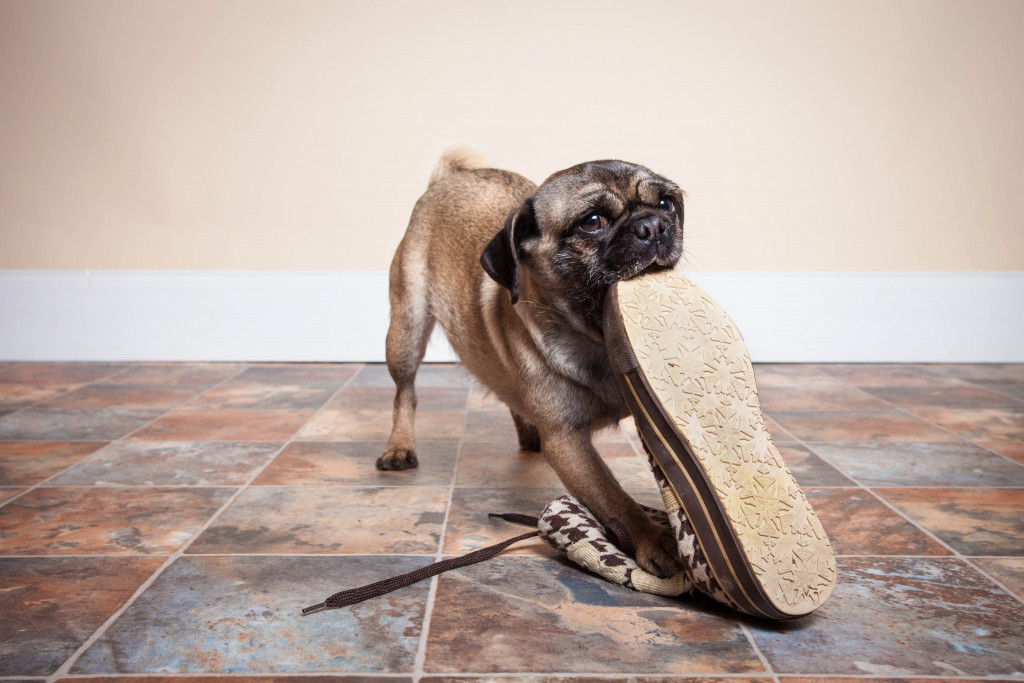Every dog is different, and every owner has a different level of experience in training a dog. Whether you’ve just adopted a new puppy or your old dog has never been trained, there are some basics that every untrained dog needs in terms of care. With patience and consistency, you can have your untrained dog well on their way to being a happy and well-behaved pet.
1. Set Some Ground Rules
The first step in caring for an untrained dog is to set some ground rules. This will help them understand what is expected and what behavior is not tolerated. Some things to keep in mind when setting ground rules include:
-Housebreaking: Where is your dog allowed to relieve themselves inside the house?
–Chewing: What items is your dog allowed to chew on and what items are off limits?
-Jumping: Is your dog allowed to jump on people or furniture?
-Barking: How often and how loudly is your dog allowed to bark?
Be sure to be consistent with your rules and enforce them every time. If you let your dog break the rules occasionally, they will become confused about what is expected of them.
2. Be Patient
Training a dog takes time, patience, and consistency. There will be setbacks along the way, but as long as you remain patient and positive, you will eventually get there. Dogs pick up on our emotions, so if we are stressed out or angry about training, they will be too.
Try to make training sessions fun for both of you by using treats or toys as rewards. And remember, even small steps in the right direction are worth celebrating.
3. Get Professional Help
If you’re struggling to train your dog yourself, don’t hesitate to reach out for professional help. Professional training will help them learn how to behave. It will also give you the tools you need to manage their behavior. A qualified trainer can assess the situation and develop a tailored training plan for your dog. They can also teach you some helpful techniques that you can use at home.
Working with a professional trainer is often the most efficient way to get your untrained dog on the right track. But it’s essential to find someone who uses positive reinforcement methods and has experience working with dogs of all ages and temperaments.
Also, note that there are different types of dog training for different kinds of dogs. For instance, obedience training is necessary for all dogs to learn basic commands such as sit, stay, down, come, and heel. This type of training helps to keep your dog safe and under control.
However, if you have a more active dog, you may also want to consider agility training. This training helps your dog navigate obstacles such as tunnels, jumps, and weave poles. In addition, agility training can be a great way to burn off excess energy and improve your bond with your furry friend.
If you have a puppy, it is essential to start socialization training early. An untrained dog may also not know how to behave around other people or animals, so it is vital to socialize them early on. This type of training helps your puppy get used to being around people and other animals, and can help prevent behavioral problems later on in life.
Finally, boarding and training programs are a great way to have your dog trained quickly and effectively. These programs provide a structured environment where they can learn the basics of dog obedience. Your dog will also have the opportunity to work with a professional trainer who can help them day in and day out. In addition, boarding and training programs can be a great way to socialize your dog.
4. Have realistic expectations
Untrained dogs can be a handful, so it is important to have realistic expectations when taking on the responsibility of caring for an untrained dog. They will likely need more time and patience than a trained dog. Dogs are individuals just like people, and they each have their own unique personalities, needs, and quirks. For example, some may be easier to potty train or be more energetic than others.
Untrained dogs require extra patience and consistency, but with some effort, you can have them well on their way to being happy and well-behaved pets. Start by setting some ground rules, being patient and realistic, and getting professional help if needed. With a bit of time and effort, you’ll be able to enjoy all the benefits that come with owning a trained dog.





